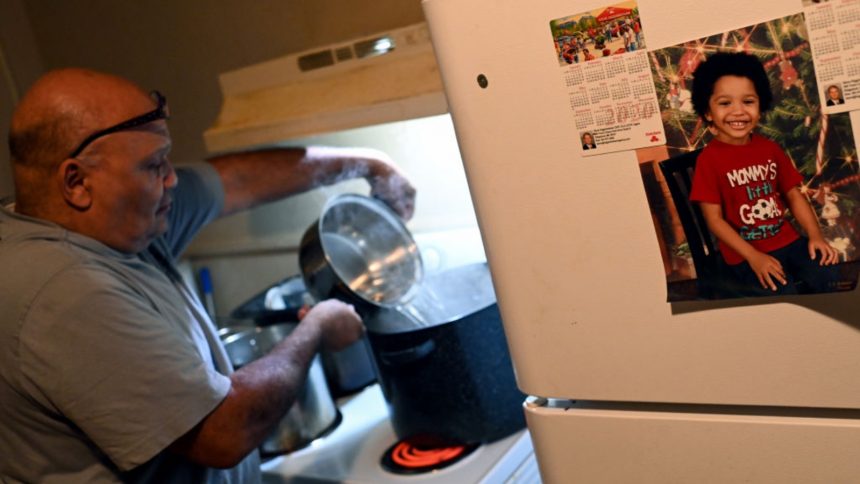In the summer of 2022, heavy rainfall caused significant damage to a water treatment plant in Jackson, Mississippi, leading to a public health crisis. Governor Tate Reeves declared a state of emergency, urging residents to boil water before consumption. With low water pressure preventing some from flushing toilets, many relied on bottled water for weeks. Federal intervention brought hope for clean water restoration, but frustrations arose as the appointed engineer, Ted Henifin, considered privatizing the water system against Mayor Chokwe Lumumba’s wishes. In response, local advocates petitioned the EPA for transparency and involvement in the city’s water system overhaul. Jackson’s water crisis highlights broader challenges facing public utilities nationwide, with struggling local governments turning to corporations for system repairs, often excluding community input. Decades of neglect and racial disparities compounded Jackson’s infrastructure issues, exacerbated by state funding inadequacies. Despite federal funding allocations for repairs, concerns persist over fund allocation and lack of transparency under private management. Advocates seek a democratic public utility model, citing examples like Pittsburgh where community pushback led to increased public oversight. As Jackson faces uncertainty over the future management of its water system, advocates aim to influence decision-making to ensure community interests are prioritized.





